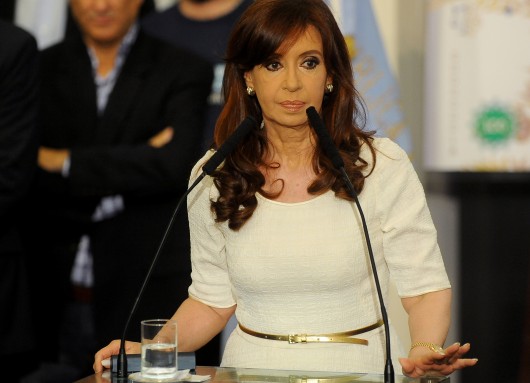
Yesterday I shared with you «Going after the BRICS. It is not economics: it is geopolitical, stupid.» There were some comments on an article from the Financial Times on emerging economies, particularly the BRICS. I ended recommending that you read the complete FT article. Well, I gave it a second reading and let me tell you, my title «Going after the BRICS» fell painfully short, they are going after a few more as well…
Some other paragraphs from the article, under the section «Trade Blow»:
«One of the main dynamics behind the downdraught is world trade. In the aftermath of the financial crisis, emerging market vigour added more than 8 percentage points to the growth in trade. However, in the first two quarters of this year emerging markets became a net detractor to global trade growth for the first time since the crisis, according to Oxford Economics.»
That is to say, not only emerging economies had to bank global growth after the 2008 crisis – provoked by central western economies and the financial bubble that exploded first in New York and later in Europe – for the first two quarters of 2015 we are nothing but trouble.
They do graciously say, however, that it is the first time since the crisis. After the crisis they brought upon us!.
Special mention, and deserving a CAREFUL LOCAL READING goes to the second paragraph of the «Trade blow» section of the article. It analyzes one of the reasons why international trade dropped.
«At least part of the reason behind the waning trade performance is a vicious circle of cause and effect. Usually, the depreciation of a country’s currency helps to boost its exports by making them cheaper, but this relationship appears to have broken down this year, according to FT research, which compared the changes in value of 107 emerging market currencies with their trade volumes the following year.
The analysis found that while the sharp depreciations in most emerging market currencies HAVE DONE NOTHING to boost exports, they have CRIMPED IMPORTS because a depreciating currency makes imports more expensive. For every 1 per cent a currency depreciated against the US dollar, import volumes fell 0.5 per cent on average, the FT study found.»
How about that. They analyzed the depreciacions of 107 countries. Not only the BRICS (Brazil, Russia, India, China, Southafrica) but other 102 as well.
The analysis coincides with what was said a few weeks ago at the Stock Exchange here in Argentina, when I compared drop in exports of other countries that had depreciated, with our own exports. The FT adds that not only exports will not improve, but imports will also suffer, obviously, due to a more expensive dollar. This dynamic is lethal to developing countries in need of industrial and technological growth and development. Like us, Argentina.
Be warned local speculators who stock production, of this amazing paragraph:
“The current environment is a perfect storm for those commodity exporting, current account deficit runners mostly to be found in South America, Africa and Indonesia,” says Michael Power, a strategist at Investec. “It could get worse before it improves. HEFTY CUTS IN COMMODITY PRODUCTION CAPACITY ARE NEEDED before a degree of equilibrium will return.” (Capital letters are my own contribution to FT)
So that nobody gets mad at me for writing this, the words belong to the executive of an investment fund that manages USD 65.000 million.
Either way, keep calm. We know how accurate these forecasts have been so far.
A last paragraph regarding the dynamics of capital outflows and declining exports:
Atul Lele, chief investment officer at Deltec International Group, an asset management company «identifies a dynamic under which capital outflows and declining exports create downward pressure on currencies, which then depreciate against the US dollar, increasing the cost of servicing foreign currency debts for emerging market companies. “The next shoe to drop will be defaults on emerging market corporate debt,” he says.
And we come full circle. Everything ends where it began: borrowing in dollars, as the only reserve currency, and the dollar’s appreciation, with its eternal consequences: Rising external debt in dollars of emerging countries and their companies.
This was Argentina until 2003. Then we begun our sovereign debt reduction process and since we had no access to the capital market, our private companies, like the country, were left with a very low level of foreign currency debt.
And then they speak of «magical realism» when referring to our countries. The only magical realism that we ever had was a Nobel Prize. It was Gabriel García Márquez who, not coincidentally, was the author of that wonderful metaphor of Latin America’s foreign debt in his story «The Incredible and Sad Tale of Innocent Eréndira and Her Heartless Grandmother».
Have you read it? You´d love it. At least you´d have a better and less stressful time that when reading the FT…
Cristina.